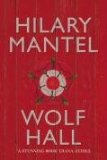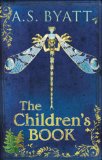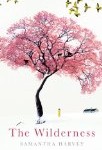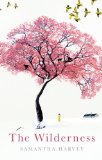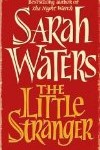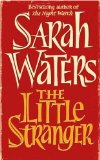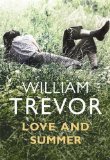
Long Listed for the Booker Prize 2009
Love and Summer begins with a funeral. A mysterious stranger arrives and starts to photograph the mourners. A few of the guests spot him and are wary, especially because the deceased is said to own half the town. The plot builds slowly, through the observations of several members of the village.
I’m afraid that this was another one of those gentle books which failed to grab my attention. The character observations were amusing in places, but lacked the emotion I need to enjoy this sort of book. It was all too ordinary for me.
Unhurried in the wood, not wanting to hurry, Ellie reached out for these crowding memories. Cloonhill was gone now, closed down three years ago, the nuns gone back to the convent in Templeross. But you didn’t lose touch with a place when it wasn’t there any more; you didn’t lose touch with yourself as you were when you were part of it, with your childhood, with your simplicity then.
This book came across more as a portrait of an Irish village, than the story of any one person. There were a large number of characters, which further distanced me from each one.
The ending was quite satisfying, but the journey there was too slow and meandering.
There are a lot of similarities between this book and Brooklyn by Colm Tóibín, also long listed for the Booker Prize this year. I am sure that if you enjoy reading one, then you will love the other. Both books are observations of Irish life and leave more unsaid than is described on the page.
I know that a lot of people will love this book, but it just wasn’t for me.
![]()
Do you enjoy William Trevor’s writing?
Have you read any of his other books?


